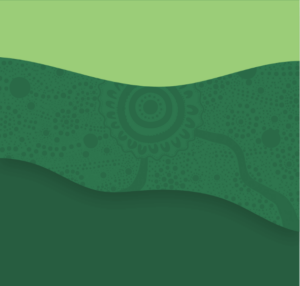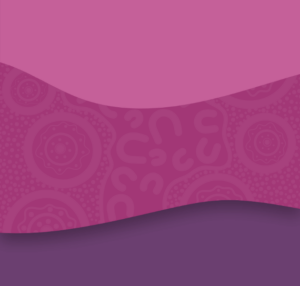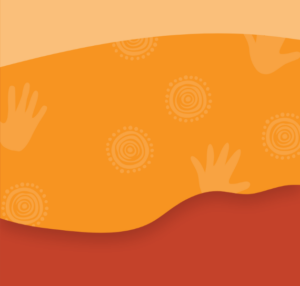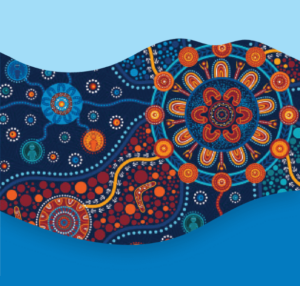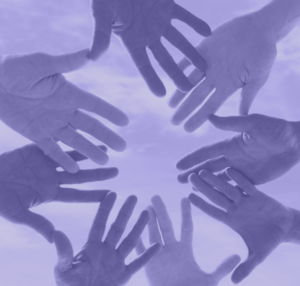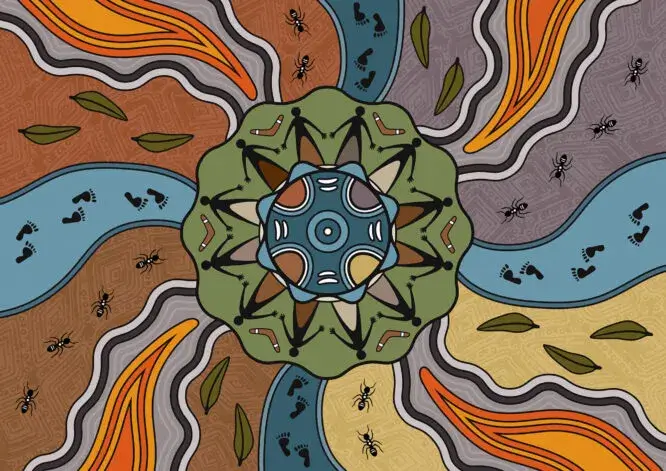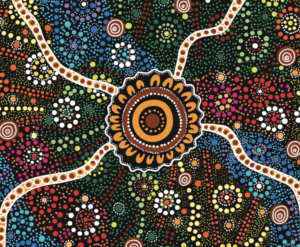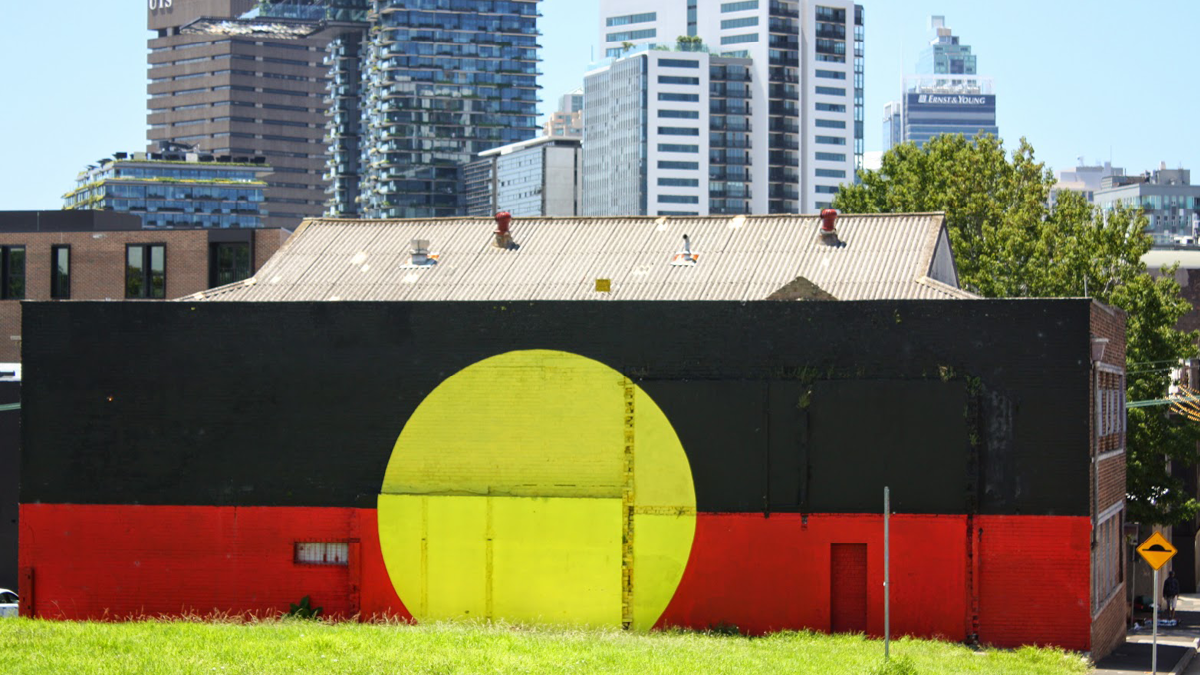World No Tobacco Day (WNTD) is celebrated around the world on May 31st, and this year AH&MRC supported the day with a campaign to encourage our community that “It’s never been a better time to quit” through the social media campaign #BlakPledge with @KooriQuitline and @CancerInsituteNSW. We received lots of inspiring pledges from our team members and encouraged community members to send theirs in too. We caught up with some of our Member Services, Awabakal AMS and the South Coast Medical Service Aboriginal Corporation, to see how they are continuing to support their clients and communities to quit smoking beyond WNTD. Although WNTD is over for 2020, we can continue to help smoking cessation by checking in on friends and family who are quitting – it’s never too late to try. As the old saying goes, “The best time to plant a tree was 20 years ago; the second best time is today.”
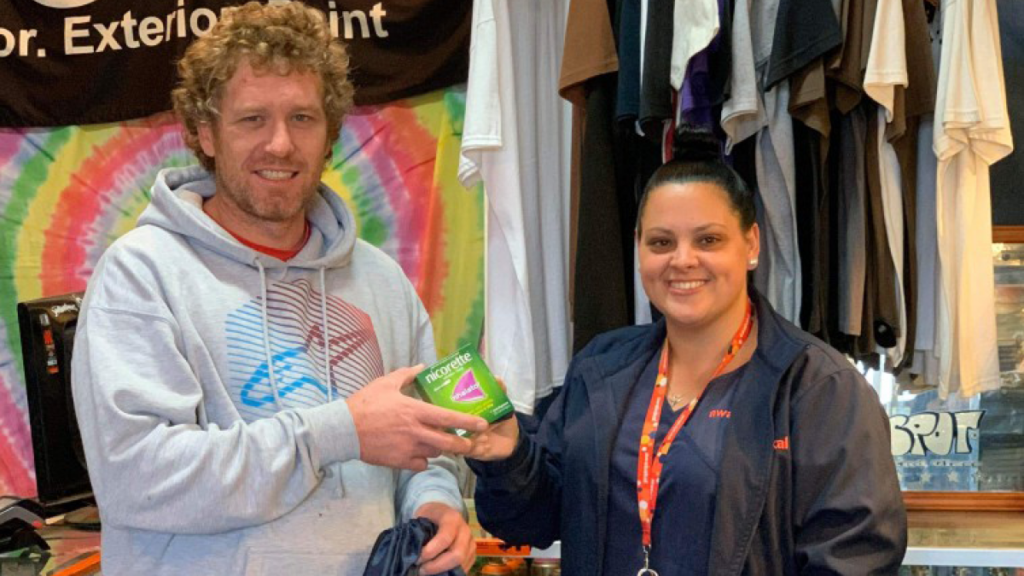
At Awabakal AMS, the Tackling Indigenous Smoking (TIS) Program continued during COVID-19 with the TIS team, GPs and clinic staff all embracing the opportunity to encourage people to start their quit journey during this time. Clinic drivers delivered Nicotine Replacement Therapy (NRT) when required and the TIS program also moved to online engagement and education during COVID-19. Smoking assessments were completed by GPs and AHPs, with the TIS team providing options and alternatives via telehealth. Community members also contacted Awabakal to seek assistance and access NRT products that are known to reduce nicotine cravings, which can aid the overall process of quitting.
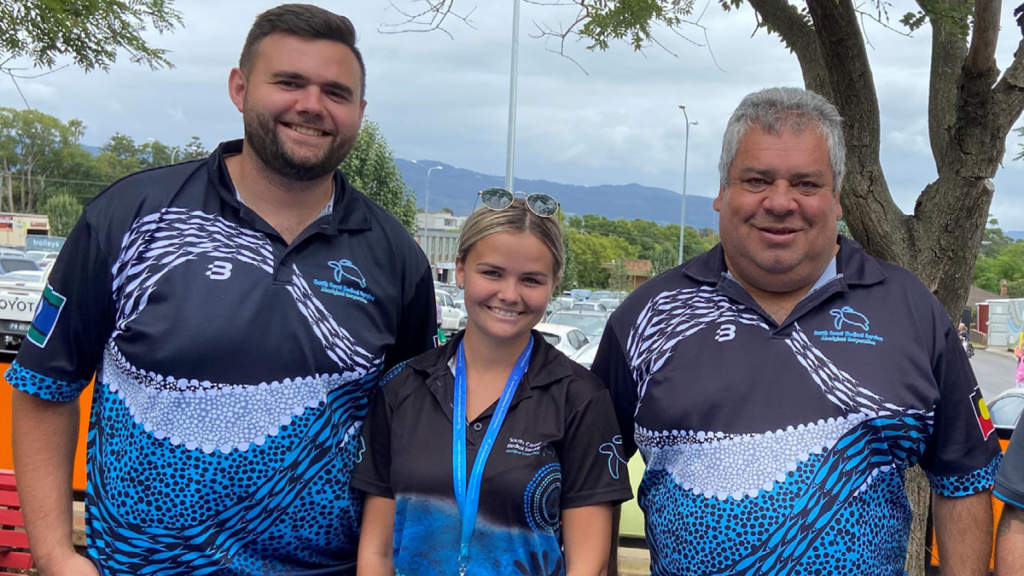
Meanwhile in another region of NSW, the TIS team at the South Coast Medical Service Aboriginal Corporation (SCMSAC) continue to raise awareness regarding the harms and risks of smoking in 13 Aboriginal Communities from Gerroa on the South Coast, to the Victorian border. The comprehensive program offers face to face counselling, support groups, follow up contacts, CO (carbon monoxide) readings, school education sessions, brief interventions, walking and exercise groups and free NRT. Community members attending clinics who aim to quit smoking can receive a voucher for two weeks’ supply of NRT, which can be redeemed at participating pharmacies. The TIS team also work hard to spread smoking cessation messages in their communities and provide feedback about their communities’ needs.
